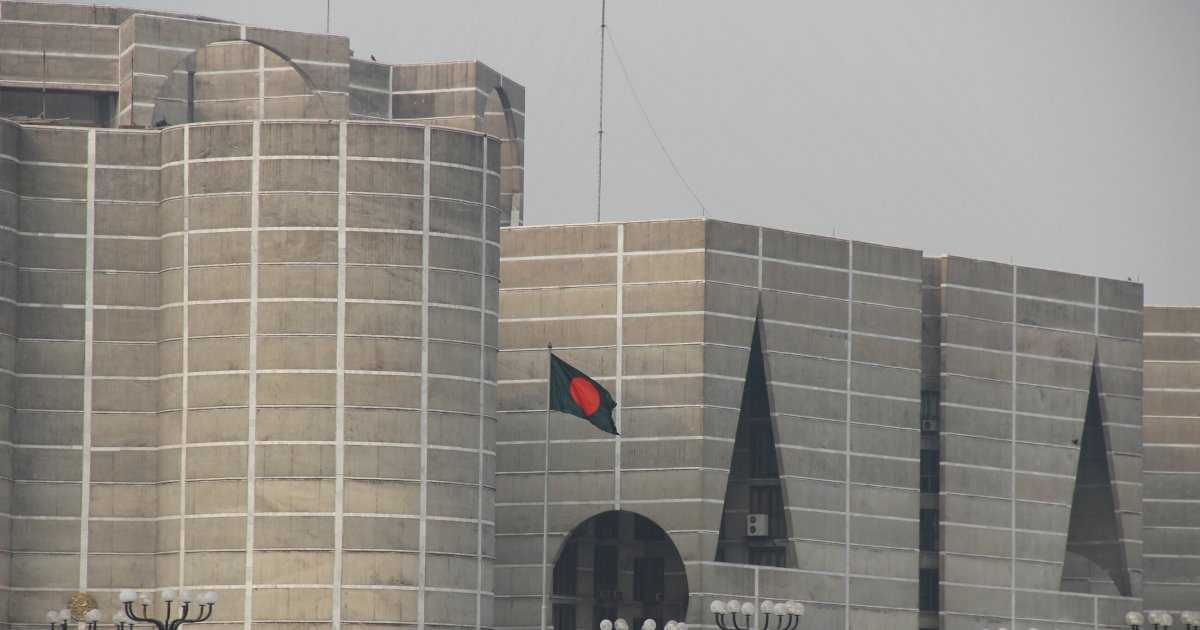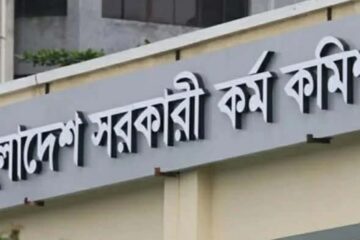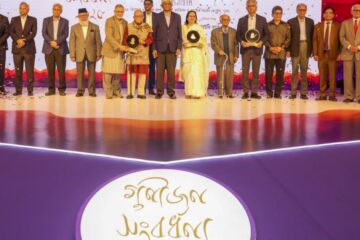We often see no dearth of initiative for running problematic businesses, using labour to commit misdeeds and hiring bad people required for such jobs when efforts are undertaken to bring changes in society and the state in order to foster the culture of delivering justice and protecting public interest.
Experience says that beneficiaries of past misrule try to survive the changeover by motivating others about the effectiveness of opportunistic stands in the game of power. The naïve but conscientious forces of the revolution often get lost, and the opportunists find scope for becoming frontrunners in the clique of power politics.
It was, however, hard to imagine a year ago that the old trends at the heart of the power of the government would remain almost uninterrupted. It was not irrational either to expect change in the culture, especially as a sequel to the grievances created out of the political suffering of the nation, and following the ignominious defeat and fleeing of the tyrannical rulers and breakdown of the repressive system nurtured by Sheikh Hasina.
No sooner had one year of the revolution passed than the beneficiaries and sycophants of the previous regime regained the room. On the other hand, factions within the pro-revolution forces, and compromise on morally sensitive issues in some cases, have offered the collaborators of the fascists the space to relax.
At the centre of this reality lies the public administration, a machinery which could not be fully refined and consolidated in more than one year. It is such a situation in which the authorities had to struggle hard to “discover” a suitable civil servant to be posted at the Ministry of Public Administration, as the secretary.
It happened at a time when the country was only four months away from the national polls, and the election schedule should have been announced as per the pledge made by the interim government of Professor Muhammad Yunus.
If discipline and order in the service and confidence in the officers are yet to be restored even by then, it is not comprehensible how “the best election in history” would be conducted and held.
Of late, the International Crimes Tribunal has issued warrants for the arrest of quite a number of high-ranking military officials on charges of enforced disappearance and murder, and some of them, as officially stated, have been taken to safe custody. Measures have been and are being taken to bring the police officers to book for their complicity in fascist acts and violation of human rights. Reports of purging officers of the civil service for similar crimes have not been so visible in the media.
In the age of post-politicization of the administration by the Awami League regime, the civil servants are still being dubbed as the ones lenient to the BNP or Jamaat, apparently to keep division among them. Aren’t the attempts to create factions and tensions among the officers at the heart of the administration — Bangladesh Secretariat — tantamount to committing sabotage?
Some of the powerful bureaucrats of the Awami League regime quietly hoped against hope that the former incumbents would come back soon, and in that case, none could challenge their power.
However, the ones within the bureaucracy who would contribute to rehabilitating the Awami forces or are involved in a conspiracy, fail to realize it is the people who would take to the streets to stop them.
Two major contenders for power in the next elections, the BNP and Jamaat, have not been able to free the names of their parties from the alleged factions within the bureaucracy and individual bureaucrats; they have to allow certain criticisms in this regard. Both parties had been, however, victims of administrative and judicial injustice during the previous regime.
If the officers of the republic are introduced as the likes of the party activists to the people, the road to free, fair, and credible elections can be deliberately blocked — a political scheme which Hasina had experimented with and proven useful for her model of holding elections in 2014, 2018, and 2024.
By using the tag of BNP-Jamaat against many officers, her illegitimate government victimized them and promoted Awami League cadres, and gave them prized postings. This technique helped her people not only to manipulate the elections but also to rampantly plunder national resources.
Since the country is at a turning point in history, an anarchic public administration will not be able to offer any happy experience of governing the country to the next elected government. Therefore, to free the civil service from the stigma of fascism, punitive measures should be taken against the civil servants against whom evidence of wrongdoings like corruption and misconduct would be found.
At the same time, if false charges are intentionally lodged against any member of the civil service for harassment, the officer concerned should be provided proper remedy. An honest and dedicated public servant deserves the opportunity to issue a statement through an official spokesperson to uphold his/her right and honour.
A major spirit of the 2024 revolution was to end the reign of injustice and misdeeds.
Implementation of the proposed reforms and a set of prudent steps taken today may determine how far the bureaucracy will be able to play the role of a catalyst in bringing about changes at the national level.
Then, what will be the persona of bureaucrats and the criteria for judging their performance in the democratic Bangladesh — qualifications or joining party faction, professionalism or flattering, honesty or non-compliance with ethics, pro-people attitude or serving coterie interest and priority to national interest, or appeasing the foreign masters?
Only 15 months ago, there was no atmosphere to raise such questions. We can anticipate that such questions can perhaps be reverberated in the future, but the historic chance of bringing change will not last long.
Khawaza Main Uddin is a journalist. Email: [email protected].



